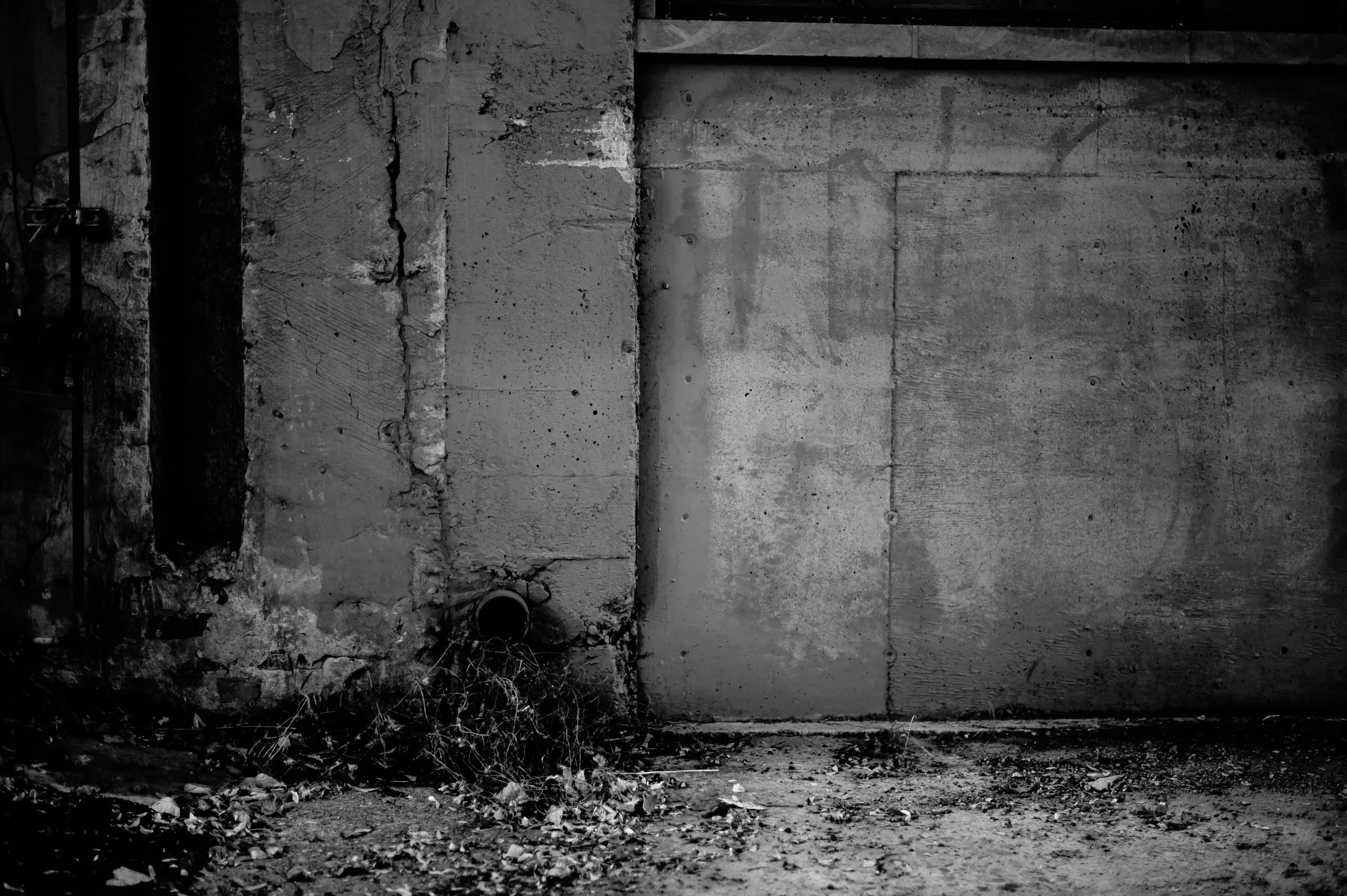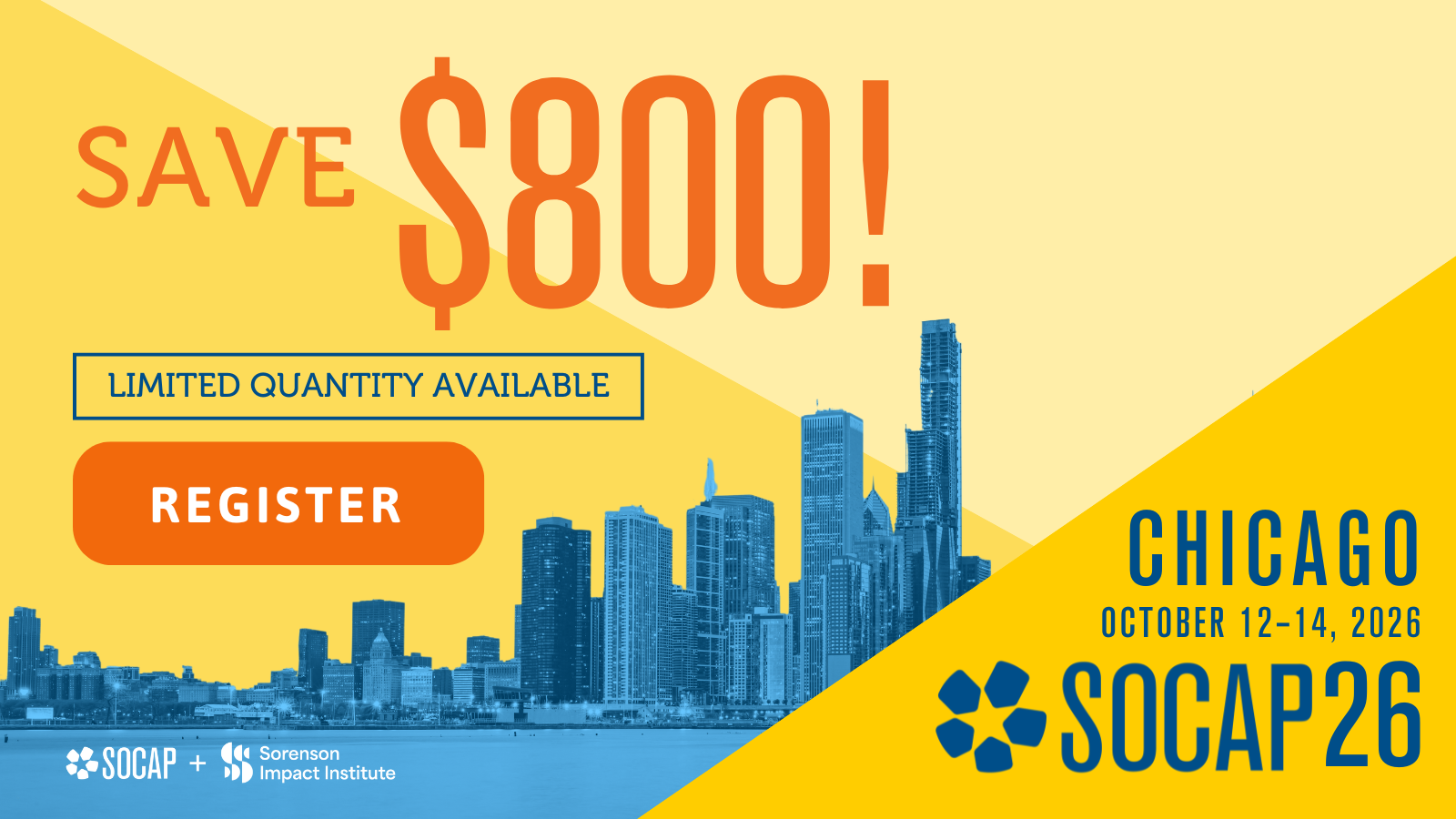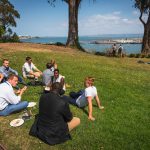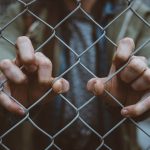A few things I learned during the pandemic: What stay-at-home orders mean for people who don’t have housing. How to make a handwashing station out of a trash can. Why “set it and forget it” is a recipe for irrelevance. And when the flight safety instruction “put your own oxygen mask on before helping others” applies on the ground.
These lessons stand out in a year in which LavaMaeˣ, the organization I lead, quickly re-engineered our direct service delivery while implementing a new consulting model — and ended up better prepared than ever to change the way the world sees and serves our unhoused neighbors.
One shift on top of another
We started out the year with a new focus and a new name. In our previous incarnation as Lava Mae, we were primarily a direct service provider, delivering mobile showers and other on-the-street hygiene programs to unhoused people in the San Francisco Bay Area and Los Angeles. We’d received over 4,500 requests to bring our services to other communities since our 2014 launch, so in 2018 we created a mobile hygiene toolkit to help people do it themselves. When that was downloaded over 3,000 times, we realized we could have the greatest impact by teaching others to set up programs like ours tailored to local needs.
We shifted our focus in late 2019 to building a worldwide network of community-based enterprises trained in our Radical Hospitality approach to providing mobile showers and other critical services. At the same time, we committed to maintaining our core direct services as a way to stay connected to unhoused people and offer real-world training to new providers. We rebranded as LavaMaeˣ and our street service team began reinventing themselves as consultants. They were up for it, but it was a big change, and I urged everyone to “be comfortable with being uncomfortable.”
Little did I know how relevant that mantra would become. When COVID-19 hit in March, we had to suspend street programs — mobile showers and Pop-Up Care Villages, where guests can get haircuts, medical care, legal advice, employment assistance and other free services — and it wasn’t clear that replicators could provide them either. With the risk of airborne virus transmission, the team agreed it wasn’t safe to host large groups of people. We weren’t trained to deliver shower service in a pandemic and we couldn’t secure the appropriate PPE gear. We felt defeated, unmoored and fearful. But we all agreed on one thing: we would not leave the people we serve — our guests — behind.
New ways to serve: learning from the lockdown
One of our team members, Annie Stickel, had a simple idea: We have a warehouse stocked with hygiene supplies for shower service — soap, conditioner, razors, toothbrushes, toothpaste, socks and more. Why not assemble kits and bring them to places where unhoused people congregate?
Two weeks after we suspended shower service, we began delivering about 250 kits a week to each of our locations in LA, Oakland and San Francisco. We spent most of our time canvassing the streets, asking basic questions: Where have our guests gone? What do they need? And most of all, how are they doing? What we found was heartbreaking. Many of their go-to resources for bare necessities like drinkable water, food and clothing had disappeared overnight. They worried that they risked COVID-19 infection if they sought healthcare at hospitals or clinics. And they feared being moved out of locations where they had formed communities.
We listened to people’s needs and sought out in-kind donations so that we could add critical items to our kits. These included drinking water as well as masks, hand sanitizer, gloves and body wipes. Our partners on the University of California San Francisco Street Nursing Team mobilized alongside us to deliver wound care and menstrual kits, conduct health checks and make real-time referrals to hospitals and clinics.
We also educated our guests on COVID-19 by placing public health pamphlets in the kits, along with notes of love and support. In many ways, the personal connection was as important as the resources. It is the essence of our Radical Hospitality approach: meeting people where they are and treating them with extraordinary care.
Going into encampments gave us new perspective on the survival skills our guests need daily just to stay alive. To witness their pain, suffering and pervasive feeling of hopelessness is emotionally heavy. We instilled hope by consistently showing up and simply caring. But we had more work to do in translating our observations into action.
Life-saving innovation on the cheap: creating a DIY handwashing station
The educational materials we passed out advised frequent handwashing — but how do you keep your hands clean if you don’t have access to running water? That amenity — hard to access before the pandemic — disappeared for people on the streets with the closure of libraries, fast food restaurants and many parks.
We found that large-capacity handwashing stations were either back-ordered or cost $2,000 to $3,000 a month to rent, if they were available. Our goal quickly shifted to creating a DIY handwashing station and funding organizations to bring units to their communities. The DIY concept was integral: We wanted people everywhere to be able to construct, deploy and maintain these units on their own.
We knew that the University of Southern California Annenberg School for Communication and Journalism and Los Angeles Community Action Network had created a handwashing unit out of a trash can to serve Skid Row residents, and we took that as our inspiration. “We had a design session and sketched out a prototype and refined it over a few days,” recalls team member Sam Reardon. “Within the week, I was at the hardware store purchasing supplies and constructing our first handwashing station unit at our warehouse.”
We tested our first prototype for durability and piloted it at Lake Merritt in Oakland, gauging people’s reactions: Did they know what the unit was for? Did they see how the foot pump worked? Did they find it easy to use?
When we had a refined design for our 32-gallon DIY station, we released a free toolkit including a how-to video, a step-by-step instructional guide to constructing the unit, and 3D printer models for key parts that are hard to come by. We then launched our Clean Hands for All initiative nationally in partnership with Love Beyond Walls, a nonprofit that deploys ready-made five-gallon handwashing stations in major metro areas.
Unexpectedly, one of our largest deployers has been Flagstaff, Arizona–based Red Feather, which helps Navajo Nation and Hopi Nation residents make health and safety upgrades to their homes. The nonprofit has led the creation of 565 handwashing stations for the many residents who lack running water.
Feedback from Navajo and Hopi users tracks with what we’ve learned from our guests and provider network: people are using the stations in multiple situations — for handwashing, sink bathing, washing their dishes, bathing their babies. They need a water source, period. That realization sparked new rounds of iteration and innovation.Next up: designing a pop-up showerWe have iterated the handwashing station multiple times based on user feedback. A volunteer design team at Gensler helped us reduce the number of parts and create a more flexible design with universally understandable instructions and sponsor branding opportunities. We are now investigating how to keep the water warm in freezing temperatures and how to provide potable water.
The next pressing need is finding a way for people to take a shower in their own environment. Designing a solution was on our project list pre-COVID-19, and it became a priority with the pandemic making it harder than ever for people to stay clean. A pop-up shower would also be valuable in disaster recovery situations. We worked with Gensler to create a few concepts and held a team design session, and are now working on a prototype that we hope to street-test in spring 2021.
What we learned about innovating through a crisis
To date we’ve delivered over 8,000 hygiene kits to more than 35 locations across three major cities. We’ve helped deploy and support more than 600 DIY handwashing stations in 14 communities, providing over a million handwashes. And after updating our protocols for COVID-19 safety and purchasing PPE gear, we’ve relaunched our shower service in LA and the Bay Area.
Looking back at how we got here, I see several lessons that are relevant to any social enterprise seeking to expand its impact through and beyond a crisis.
Set your team loose on your mission.
A team that’s collaborative and super dedicated to your mission will figure out a way to get through a crisis. Set the intent and the vision, and you’ll be amazed at the ideas people come up with. We took our initial pause as an opportunity to rethink how we were serving guests and solve for the gaps we were seeing in real-time. Think about how to best fulfill your mission in your current environment rather than how to execute tactics that may have become irrelevant.
Make room for creativity.
I learned this year to be fluid in my own approach, and I’ve encouraged my team to adopt a design strategy for solving problems: observe, think, execute, revise. We also dedicate 10% of our time to innovating new products and services based on what we’re seeing on the streets. Group design sessions encourage collective innovation and make it fun.
Prioritize mental health.
The work we do can take a psychological toll, and that’s true for any organization that serves people in crisis. We introduced mental health days this year that allowed team members to spontaneously take a day off if they needed a break, and that has made a real difference. When you extend Radical Hospitality to your team at the highest level, they pay it back in spades, to each other and the people they serve.
Engage partners and rally your community.
Your partners will be there for you if you enlist them in your vision and give them a role they can naturally step into. Our core supporter, The Right to Shower, rallied fellow Unilever brands to provide crucial supplies for hygiene kits distributed throughout our network. Our in-kind donors stepped up as well. Gensler committed 250 hours of pro bono time to refining our designs. The USCF Street Nurses helped us provide essential services. If we hadn’t engaged these partners, the relationships might have faded away during the pandemic instead, they’ve deepened.
Keep an eye on the future.
In the midst of our pandemic pivot, we continued spending 70% of our staff time consulting with people who wanted to launch and sustain programs like ours and building our community of providers. Some suspended service and others delayed their launch, but many served throughout the pandemic, or reopened or launched service over the summer.
The end result is, we’re still on track to meet our five-year impact goal — creating a network of 75 providers that bring LavaMaeˣ programs to 100,000 people by 2024 — and we’ve added a whole new suite of services to our tool kit. It is testament to the power of a group of passionately dedicated people deciding “we will solve this problem.” And that power is a resource any social enterprise can apply to the hard challenges that confront us.







